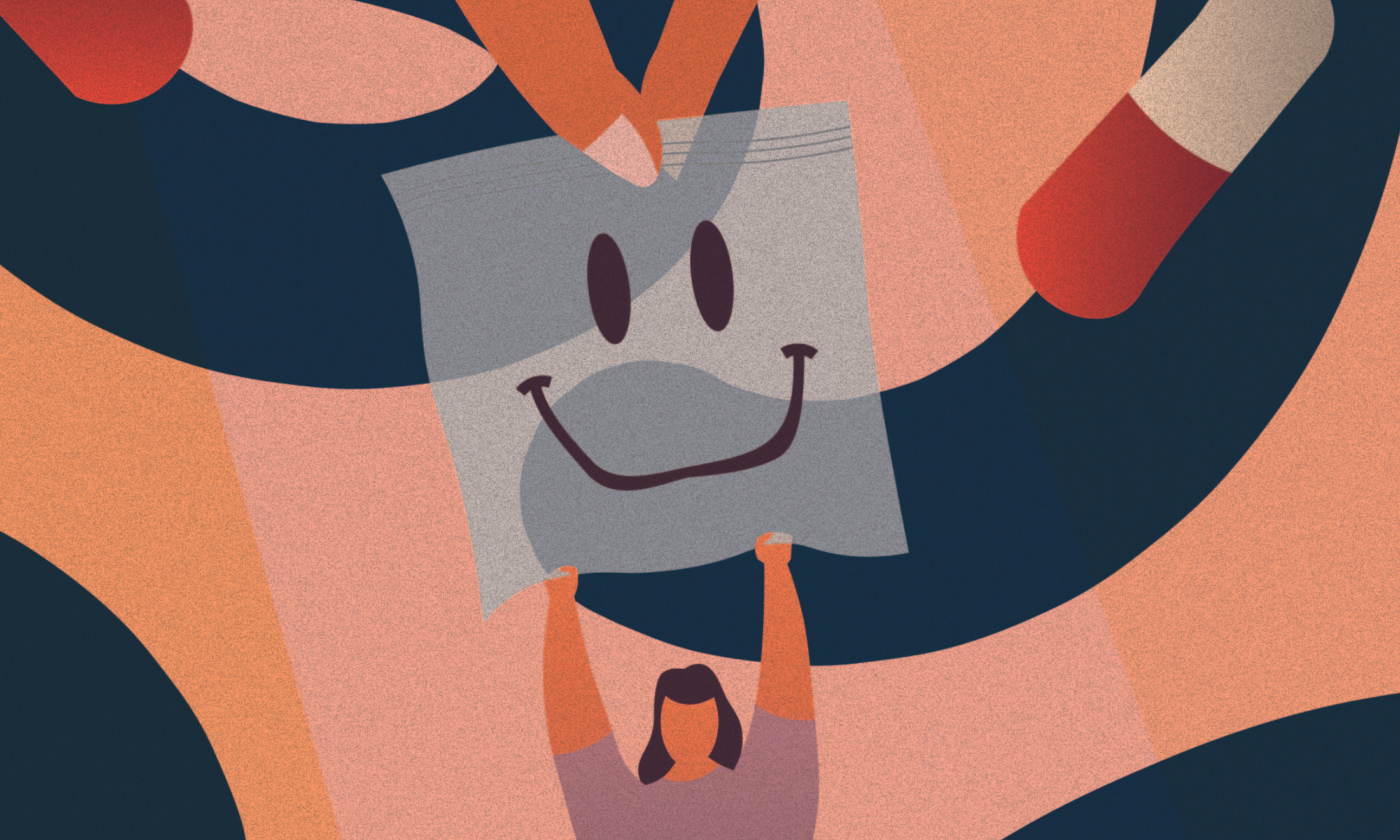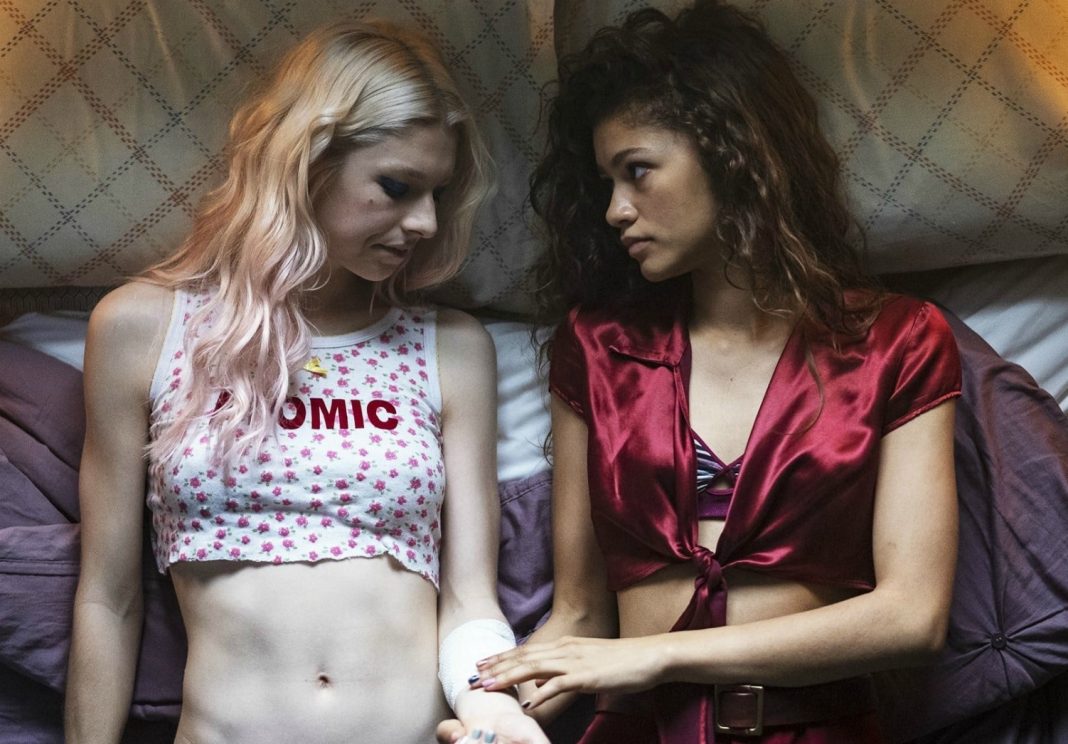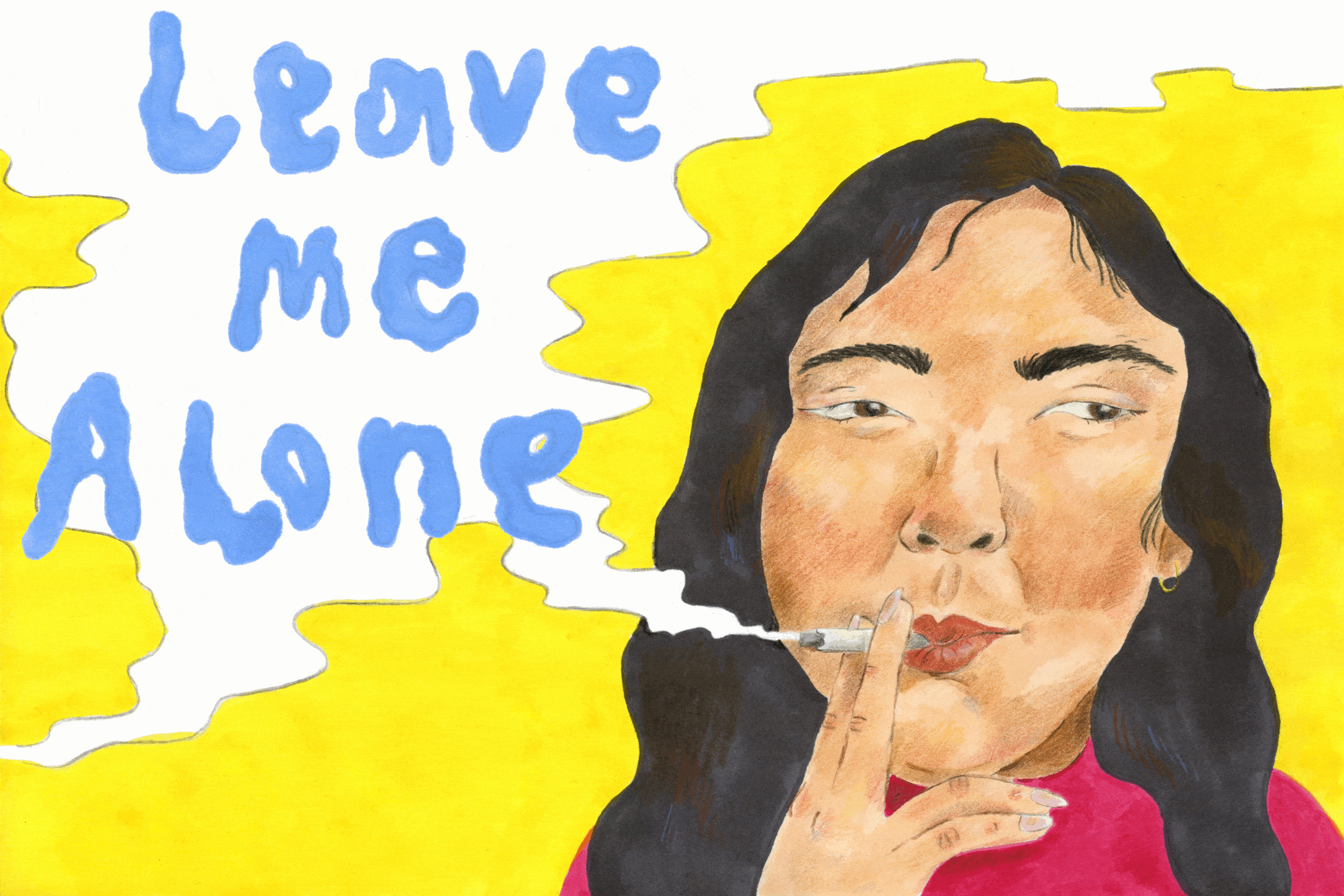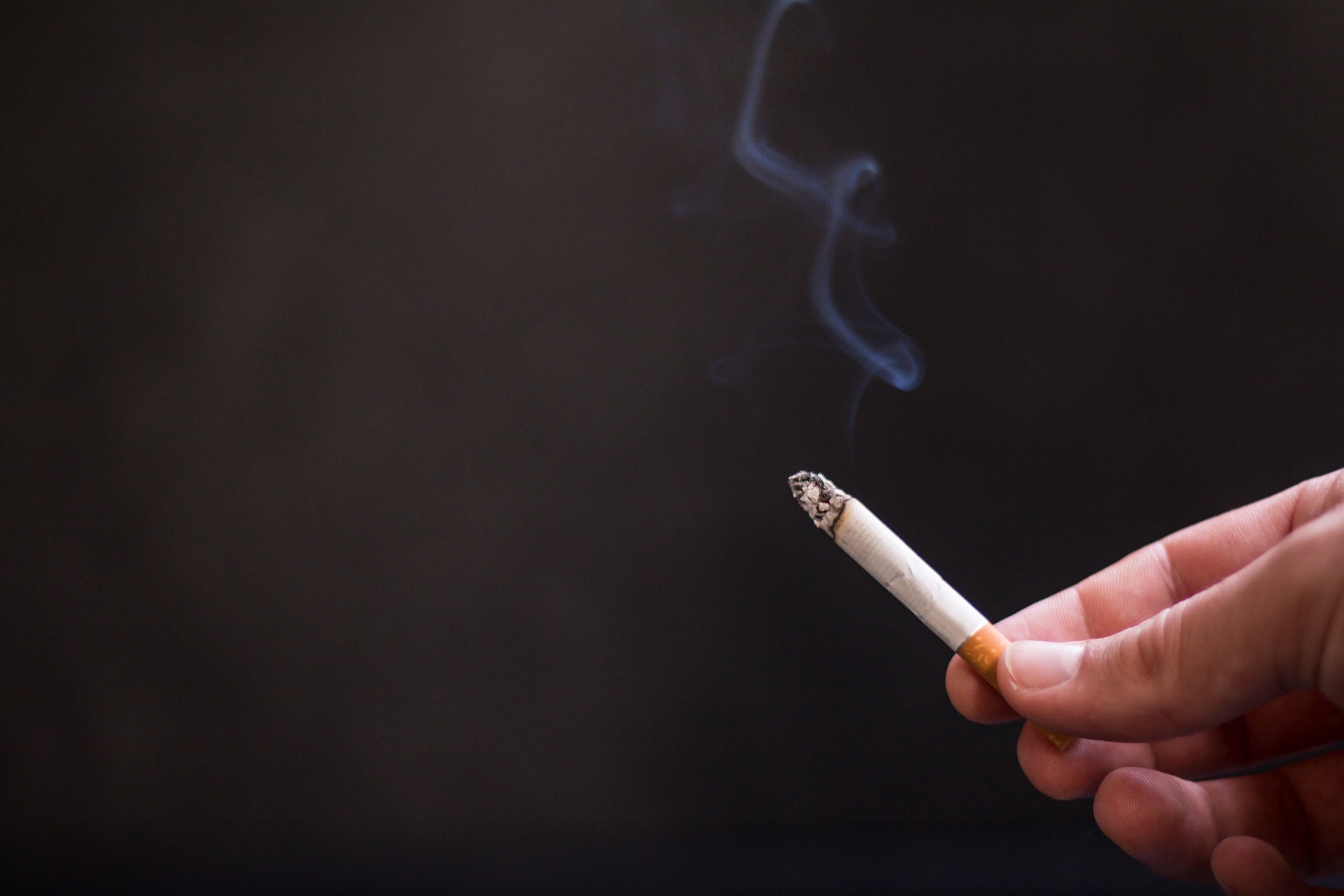
While friends and lovers have come and gone, weed has been the most consistent presence in my life over the last decade. Through trials, tribulations and some of the most crucial years of my cognitive development, I was busy smoking myself into oblivion – potentially damaging some neural pathways along the way. However, I feel that I lived my best life, insofar as having always made my own decisions. I believe that I ultimately responded to my circumstances in the only way I knew how to. Or at least, that’s what I used to tell myself when I was high and over-speculating about what I could have achieved by now if I hadn’t started smoking, like many of my successful neurotypical peers.
I was 12 when somebody first passed me a zoot on Hampstead Heath on a sunny afternoon whilst playing truant from a school event. From the second I inhaled, I felt like I was the coolest person to have ever existed. I enjoyed being stoned: I felt happy, giggly and kind of lost in a relaxing half-dream state.
It was a welcome change from the dull sadness that used to linger at the back of my mind from a young age. I was an anxious child, and it immediately felt right to be slightly out of my sober mind for a while. Alcohol and drugs had been off-limits to me thus far, having grown up in a Muslim household (and also just being a child). But I had advanced interests for my age, often spending time chatting with older cousins and reading grown-up literature. I was so curious about being intoxicated, and knowing it was haram only piqued my interest further.
“I was an anxious child, and it immediately felt right to be slightly out of my sober mind for a while”
What I didn’t know back then was that my mental health issues made me highly susceptible to drug and alcohol abuse. I wanted an escape from reality, from being a bit of a loner at school and feeling disconnected from the world. It made me feel something different from the monotony of everyday life and provided a kind of “rebel” identity for a culturally confused Asian girl in a suffocatingly white middle-class environment. I often felt conscious of my differences – my visibly “ethnic” facial hair and bushy eyebrows that meant I was subtly and overtly dismissed as ugly and othered – so it felt empowering to choose to be the “bad girl” rather than the “outsider”.
I experimented a lot through my teenage years but didn’t start smoking weed regularly until I was 16 years old and went to sixth-form college, where I had greater freedom than I’d had at school and easier access to weed. At a house party in my first year of sixth form, I noticed a boy rolling a zoot in the corner of the room. He was cute, we talked and smoked together, and it ended up becoming the first of many friendships formed over weed. He’s still my best friend and we’re probably each other’s biggest enabler but it felt incredibly reassuring at times to have somebody to self-destruct with.
Smoking allowed me to bond with my peers, helped me to relax in social settings and gave me a sense of self that wasn’t rooted in confusion or self-doubt. And being a “stoner” was an identity that seemed to just fit; especially as a girl, it was incredibly satisfying to be able to roll better zoots than the vast majority of boys and to smoke them under the table. It still is.
I loved the routine of rolling up, lighting it and inhaling that first thick cloud of smoke. The fresh pine-like smell was always appealing to me, the high was disorienting, and most significantly, it gave me a sense of control. Every time I felt plunged into depression following a break-up or simply just when I felt lonely, I made the decision to get high and sank into the instant wave of numbness.
“As a girl, it was incredibly satisfying to be able to roll better zoots than the vast majority of boys”
Back then, I idealised weed even when it wasn’t affecting me in the way I wanted it to. Whilst it often did calm my mood and shift my perspective when I was feeling low, it also heightened my anxiety and paranoia. It caused me to overthink, and I often wondered why I was even smoking it in the first place when it catalysed a spiral of negative thoughts. But I was chasing something, or rather, an idea of something.
The 420 culture surrounding weed and the legal cannabis industry often markets an idealised fantasy of smoking: hot Californian girls with golden tans smoking bongs on the beach with the wind blowing through their hair. For most people I knew, the reality was more like smoking at bus stops with frostbitten fingers, waiting endlessly for dodgy dealers in alleyways, buying weed sprayed with chemicals and satisfying your munchies with excessive amounts of fried chicken. Then dousing yourself in Impulse body spray at Boots and going home while your parents were asleep. It was a bunch of misfits and people coping with mental illness coming together to try to collectively self-medicate as best as they could. Pretty bleak in retrospect.
Over the years, it became as mundane to us as drinking a cup of coffee on a tired Monday morning. My friends and I had worsening mental health problems but weed was always the short-term solution, even if we suspected it to be the long-term cause. There was always a reason to smoke, and when there wasn’t, I would smoke anyway. The weed itself had demotivated me so much that all I could really bring myself to do was smoke some more.
“420 culture often markets an idealised fantasy of smoking: hot Californian girls with golden tans smoking bongs on the beach”
It’s hard to pinpoint exactly when I made the transition from recreational smoker to a habitual smoker, and eventually to dependent smoker. It can be a subtle increase in the types of scenario you find yourself in whilst high. When I found myself going to job interviews and partaking in televised discussions about Islamophobia while stoned and red-eyed, I thought, “Perhaps I haven’t got this thing totally under control.”
The grey area between addiction and autonomy, veiled partially by the social acceptance of liberal attitudes towards cannabis, can foster an environment in which weed smokers are able to continue without having to confront their habit as destructive or addictive. People have watched me smoke my responsibilities away over the years, assuming that I had more power over the habit than I did. But the “bad-bitch stoner” aesthetic that I work so hard to achieve when I’m looking glamorous and put-together wrongly gave the impression that I was in control.
Thankfully, quitting smoking during Ramadan over the last few years has helped me realise that I can in fact function without weed and that I have greater resistance against my “addiction” than I believed. I thought perhaps if I couldn’t quit for myself, then I would have better luck quitting for God. I began to appreciate the clarity of not being high for a few days; it was like a whole new high. Learning to see weed as an unhealthy coping mechanism rather than a harmless habit wasn’t an easy change for me, and even though I still smoke occasionally, I feel excited about what a weed-free future could look like.
There are undoubtedly medical benefits that people can experience with cannabis and plenty of people who can be high-functioning stoners. But I have come to accept that I am not one of them, and the same thing that once brought tranquillity to my troubled mind now disturbs my peace.
Taken from gal-dem’s print issue UN/REST, on sale now
If you, or someone you know, have questions or concerns about drug use, you can talk to FRANK, 24 hours a day, 7 days a week








